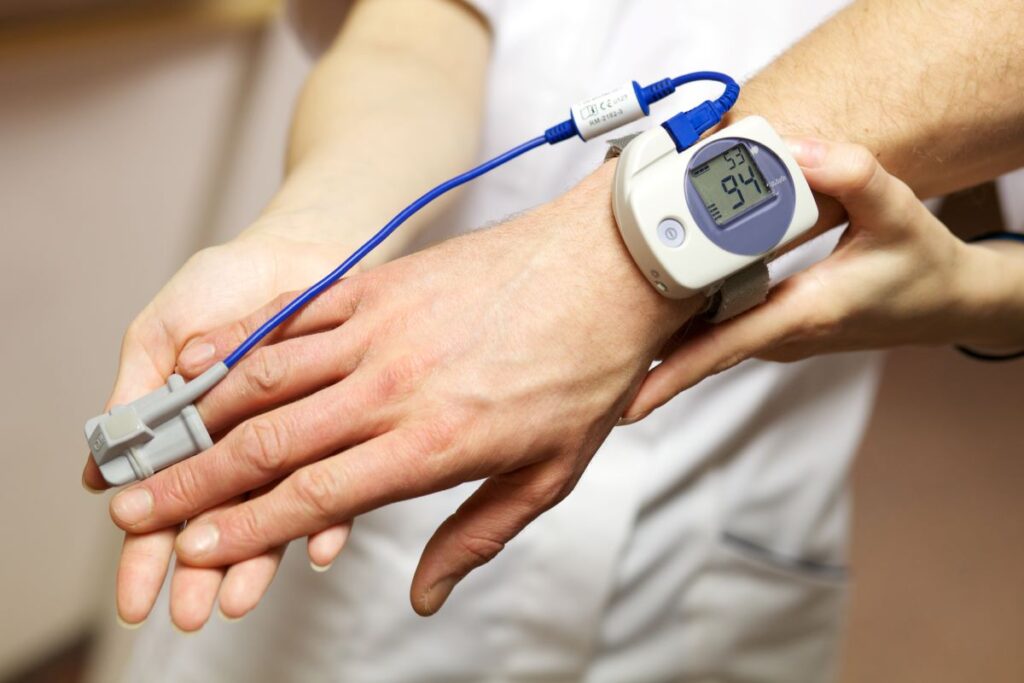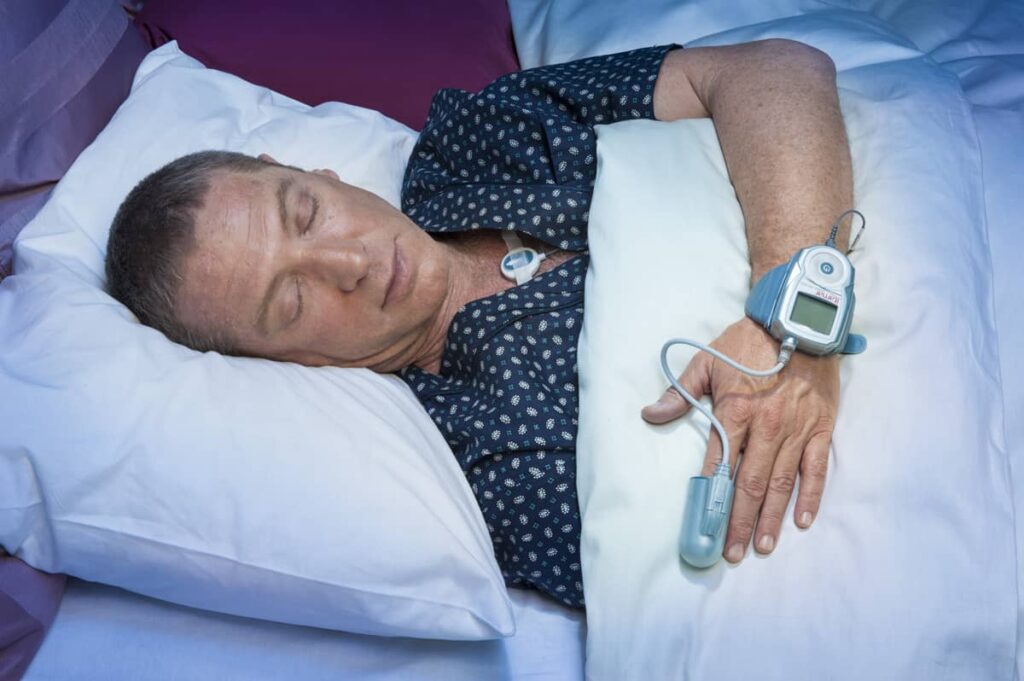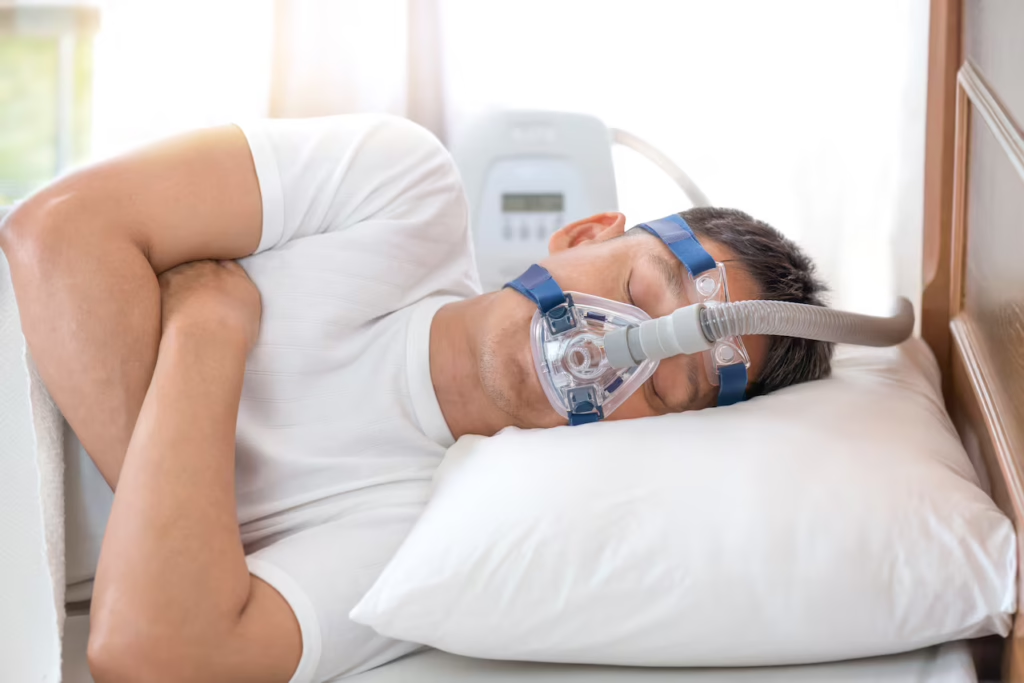In today’s fast-paced world, a good night’s sleep is a luxury that many people struggle to afford. With increasing work pressures, stress, and technological distractions, it’s no wonder that sleep disorders are on the rise. If you find yourself constantly tossing and turning at night, struggling to fall asleep or stay asleep, it might be time to consider a private sleep study. However, before diving into this potentially life-changing decision, it’s essential to understand the expenses involved.
Understanding the Basics of Private Sleep Studies
Sleep studies, also known as polysomnograms, are comprehensive assessments of your sleep patterns and quality. They involve spending a night at a sleep center while your sleep is monitored and recorded by trained professionals. Private sleep studies, as the name suggests, are conducted by private clinics or hospitals rather than public healthcare institutions. These studies provide a more personalized and potentially more comfortable experience than their public counterparts.
During the private sleep study cost you will be comfortably accommodated in a private room designed to promote a relaxing environment conducive to sleep. Highly trained sleep technologists will attach sensors to your body to monitor various aspects such as brain waves, eye movements, heart rate, and breathing patterns. These sensors are painless and non-invasive, ensuring that you can sleep as naturally as possible during the study. The data collected will be carefully analyzed by sleep specialists to identify any underlying sleep disorders or abnormalities.
What is a Private Sleep Study?
A private sleep study is a diagnostic test that aims to identify sleep disorders such as sleep apnea, insomnia, narcolepsy, or restless legs syndrome. During the study, various measurements are taken to monitor your brain waves, heart rate, breathing patterns, oxygen levels, and other essential indicators. The collected data allows healthcare professionals to accurately diagnose your condition and tailor an appropriate treatment plan.

Why Opt for a Private Sleep Study?
While public sleep studies are available at government-run healthcare facilities, private sleep studies offer distinct advantages. Firstly, they typically provide a more comfortable environment with private rooms, ensuring minimal disturbances during your sleep. Additionally, private sleep centers often have state-of-the-art equipment and highly specialized staff who can provide more personalized care and attention to your unique needs.
Moreover, private sleep studies offer a higher level of convenience. Public sleep centers often have long waiting lists, which means you may have to wait for weeks or even months before getting an appointment. In contrast, private clinics usually have shorter waiting times, allowing you to get the necessary testing and diagnosis done more quickly.
Another benefit of private sleep studies is the availability of additional amenities. Some private sleep centers offer luxurious accommodations, including comfortable beds, high-quality linens, and soothing ambiance to create a relaxing atmosphere. These extra touches can enhance your overall experience and make you feel more at ease during the study.
Breaking Down the Cost of Private Sleep Studies
Private sleep studies, while offering exceptional care, do come with a price tag. It’s crucial to understand the various components of these costs to budget accordingly and make an informed decision. The expenses associated with private sleep studies can be divided into three main categories: initial consultation fees, sleep study test expenses, and follow-up consultation costs.
Initial Consultation Fees
Before undergoing a sleep study, you will typically need to consult with a sleep specialist. These initial consultations involve discussing your symptoms and medical history, as well as conducting a preliminary assessment of your sleep patterns. Depending on the healthcare provider and facility, these consultations can range from affordable to more expensive, so it’s always a good idea to inquire about the cost upfront.
During the initial consultation, the sleep specialist will take the time to understand your unique situation and address any concerns you may have. They will carefully review your medical records and ask detailed questions about your sleep habits, lifestyle, and overall health. This thorough evaluation ensures that the sleep specialist has a comprehensive understanding of your condition, enabling them to provide the most accurate diagnosis and treatment plan.
Sleep Study Test Expenses
The main cost associated with private sleep studies is the actual sleep study test itself. This comprehensive assessment involves spending a night at the sleep center while your sleep is closely monitored. The expenses typically cover the use of specialized equipment, professional staff salaries, and the analysis of the collected data. The cost of the sleep study can vary depending on the complexity of your condition, the location and type of facility, and additional services requested. Learn more about Cost of Sleep Study: Assessing the Financial Aspect of Sleep Assessments visit at https://sweetbrookberkshires.com/cost-of-sleep-study-assessing-the-financial-aspect-of-sleep-assessments/
Follow-up Consultation Costs
Once your sleep study results are ready, you will likely need to schedule a follow-up consultation with your sleep specialist. During this appointment, the findings of the study will be discussed in detail, and a personalized treatment plan will be developed. These follow-up consultations may involve additional costs, depending on your healthcare provider and the duration of the appointment.
During the follow-up consultation, the sleep specialist will explain the results of your sleep study in a clear and understandable manner. They will go over the data collected during the study, highlighting any significant findings and their implications for your sleep health. The sleep specialist will then work closely with you to develop a tailored treatment plan that may include lifestyle modifications, medication, or the use of sleep aids if necessary. This personalized approach ensures that you receive the most effective and appropriate treatment for your specific sleep condition.
Factors Influencing the Cost of Private Sleep Studies
Several factors can impact the overall cost of private sleep studies. Being aware of these influences can help you make an informed decision and find the best balance between quality of care and affordability.
When it comes to private sleep studies, the location and facility type can significantly affect the cost. It’s no secret that larger cities and urban areas tend to have higher costs due to higher operating expenses and demand. After all, these bustling metropolises are home to state-of-the-art facilities equipped with the latest sleep monitoring technology. However, if cost is a significant concern, don’t despair. Consider exploring options in surrounding areas or smaller towns. You might be pleasantly surprised to find reputable facilities that offer excellent care at a fraction of the cost.
Another factor that can influence the cost of private sleep studies is the type of sleep disorder you have. Different conditions require different levels of monitoring and specialized equipment, which can result in higher expenses. For instance, if you suffer from a complex sleep disorder that necessitates extensive monitoring, you can expect the cost to reflect the additional resources required. Additionally, certain disorders may require multiple nights of monitoring or more frequent follow-up consultations, which can further increase overall costs. It’s essential to have an open and honest discussion with your healthcare provider to understand the projected expenses for your specific condition. Learn more about specialized equipment visit at https://heavyequipmentcollege.edu/on-site-industry-services/specialized-equipment-training/.
Insurance coverage is yet another crucial factor to consider when determining the out-of-pocket costs for private sleep studies. The level of coverage provided by your insurance plan can vary significantly. Some plans offer full or partial coverage for sleep studies, while others may not cover them at all. To avoid any surprises, it’s important to contact your insurance provider and inquire about your coverage options for private sleep assessments. If there is limited or no coverage, don’t fret. There are alternative payment options available, such as health savings accounts (HSAs) or flexible spending accounts (FSAs), which can help alleviate the financial burden.

Comparing Private Sleep Study Costs to Public Options
While private sleep studies offer several benefits, it’s essential to compare the costs with publicly available alternatives. Public sleep centers, often run by government healthcare institutions, can provide similar diagnostic services at a potentially lower cost. However, there are factors beyond price that need to be considered.
When it comes to cost differences, public sleep centers are generally subsidized by the government, making them more affordable for patients. The out-of-pocket expenses associated with public sleep studies are often less than those of private sleep studies. This can be a significant advantage for individuals who are on a tight budget or do not have comprehensive health insurance coverage. However, it’s crucial to keep in mind that public sleep centers may have longer waiting lists and less personalized care due to higher patient volumes.
On the other hand, private sleep studies offer shorter wait times and a more personalized approach, which may be worth the higher cost for some individuals. Private sleep centers often boast state-of-the-art equipment and highly trained staff members who specialize in sleep disorders. This specialized expertise can result in more accurate diagnoses and tailored treatment plans. The attention to detail and individualized care provided by private sleep centers can be particularly beneficial for patients with complex sleep issues or those who require a more comprehensive evaluation.
Quality of Care: Private vs. Public
Another factor to consider is the quality of care and attention provided. Private sleep centers go the extra mile to ensure that their patients receive top-notch care. With state-of-the-art facilities and a focus on sleep disorders, private centers are equipped to handle a wide range of conditions. The staff members at private sleep centers are highly trained and experienced in diagnosing and treating sleep disorders, allowing them to provide a higher level of expertise and personalized care.
On the other hand, public sleep centers may have limited resources and a more generalized approach due to the higher number of patients they serve. While they still offer valuable diagnostic services, the level of specialization and individual attention may not be as extensive as what is found in private sleep centers. However, it’s important to note that the quality of care provided at public sleep centers can still be satisfactory for many individuals, especially those with less complex sleep issues.
Ultimately, when deciding between private and public sleep studies, it’s crucial to consider your individual needs and preferences. If cost is a significant concern and you are willing to potentially wait longer for an appointment, a public sleep center may be a suitable option. On the other hand, if you prioritize shorter wait times, personalized care, and access to cutting-edge technology, a private sleep study may be the better choice. Consulting with your healthcare provider can help you make an informed decision based on your specific circumstances.
Tips for Managing Private Sleep Study Costs
While private sleep studies can be an investment in your health and well-being, there are steps you can take to manage the associated costs.
Negotiating Prices with Healthcare Providers
Don’t be afraid to negotiate the prices of private sleep studies with healthcare providers. Many hospitals and clinics offer flexibility in pricing, especially if you can demonstrate financial need or commit to multiple services. Discuss your budget concerns and explore potential discounts or payment plans that may be available to you.
Exploring Payment Plans and Financing Options
If paying for a private sleep study upfront is not feasible, inquire about payment plans or financing options. Many healthcare providers offer installment plans that allow you to spread the cost over a specified period. Additionally, some clinics may work with medical financing companies that offer affordable repayment options with low-interest rates.
Utilizing Health Savings Accounts (HSAs) or Flexible Spending Accounts (FSAs)
If you have a health savings account (HSA) or flexible spending account (FSA), you may be able to use these funds to cover the expenses of a private sleep study. These accounts allow you to set aside pre-tax money for qualified medical expenses. Check with your account administrator to confirm whether sleep studies are eligible expenses and how to file for reimbursement. Learn more about flexible spending account (FSA) click here.
Conclusion
Private sleep studies offer an in-depth analysis of your sleep patterns and can be instrumental in diagnosing and treating sleep disorders. While they come with a cost, understanding the expenses involved and exploring various strategies for managing these costs can help ensure that you receive the care you need without breaking the bank. Whether you choose a private or public option, it’s essential to prioritize your sleep health and make an informed decision that suits your unique circumstances.
